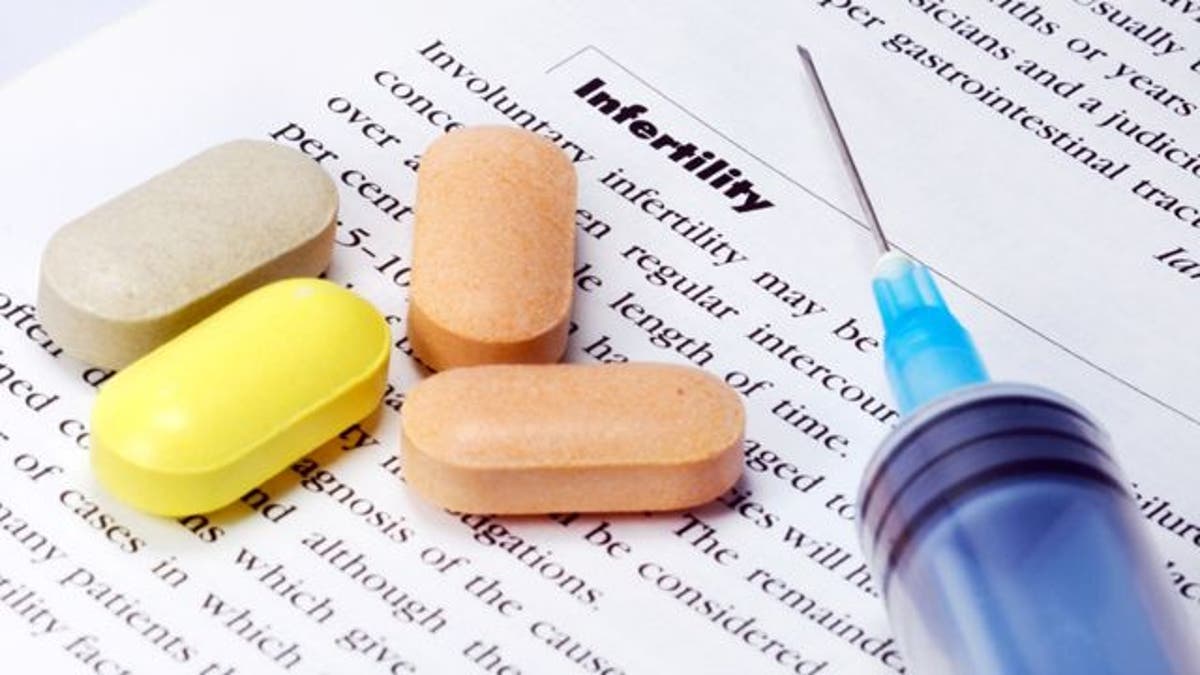
If you’re 30 or older and hope to be a mom one day, then a new story in the June issue of The Atlantic is probably already on your radar. Its much-buzzed-about premise: That baby-making panic among 30-something women is overblown, and the fertility cliff you hit during this decade isn’t as steep as you’re led to believe.
The author, Jean Twenge, tears apart some scary statistics. First, an often-cited 2004 study, which shows that one in three women between 35 and 39 will not be able to conceive on their own, turns out to have been based on data from French births that took place from 1670 to 1830. And rather than fertility dipping at 27 before plunging hard at 35, a study of modern women shows only about a 4 percent drop in pregnancy rates from ages 28 to 37, reports Twenge.
Reassuring news, right? Well, not quite. While fertility anxiety for women in their early 30s is probably not warranted, well-established research left out of The Atlantic article shows that your ability to conceive a healthy pregnancy really does decline in your mid-30s.
“Most women who want to be moms in their 30s will be able to get pregnant on their own,” says Alyssa Dweck, an ob-gyn in Westchester, New York, and coauthor of V Is for Vagina. “But some won’t, and that fact can’t be brushed aside.”
MORE: Should You Get Your Fertility Tested?
What triggers the fertility fail? No matter how young you feel at 35, your eggs are more fragile than they were even a few years earlier. Data from the American College of Obstetrics and Gynecology (ACOG) demonstrates this: In analysis done on the embryo transfers that took place in the year 2006, 44.9 percent resulted in live births in women younger than 35 years—compared to 37.3 percent in women 35-37, 26.6 percent in women 38-40, 15.2 percent in women 41-42, and 6.7 percent in women 43-44. When the eggs were donated by healthy young women, however, 54 percent of transfers resulted in live births, no matter what the age of the recipient was (suggesting that eggs become less viable with age).
As you get older, you’re also more likely to deal with health problems that may affect your fertility, according to the Centers for Disease Control. Diabetes, obesity, and even high blood pressure all put a dent in your baby-making ability, says Dweck.
MORE: What to Expect When You’re Expecting After 35
When older moms do conceive, they have higher odds of having a baby with chromosomal damage, which can result in birth defects such as Down Syndrome. They also face an increased risk of complications in the delivery room, according to a 2007 study that examined data from births between 1980 and 2004 (when more older women started having babies).
The Atlantic article does make some solid points, though. Fertility anxiety may be unintentionally fanned by reproductive specialists who regularly treat fertility-challenged women and don’t take into account all the older moms who pop out a kid problem-free, says Dweck. And the lower bambino rates among post-35 women might be skewed by the fact that in general, older women may be having less sex, she adds.
MORE: 5 Myths About Female Desire
Finally, the post-35 plunge is just a guideline. Some women will have trouble conceiving in their 20s, while for others, it’ll be smooth sailing past 40. “But since you really can’t predict whether you’ll have problems or not, it’s best to play it safe and start trying to conceive by your early 30s,” says Dweck—if you can, that is.
If you’ve already hit that threshold and your life isn’t settled enough to try for a baby right now, there are some steps you can take to increase your motherhood odds when you are ready. “See your ob-gyn for a pre-conception exam, where she checks your overall health and tests you for conditions that can make it tougher to conceive and carry a child,” says Dweck. “By maintaining good health, you improve your chances of being a mom at any age.”







































